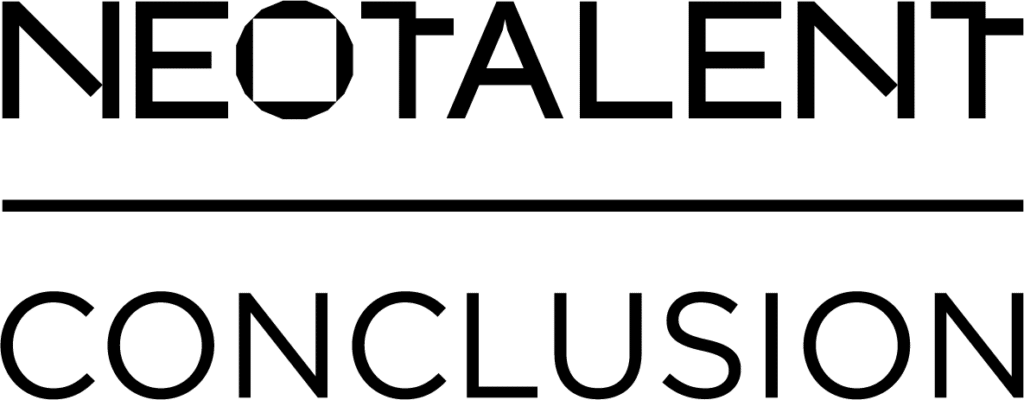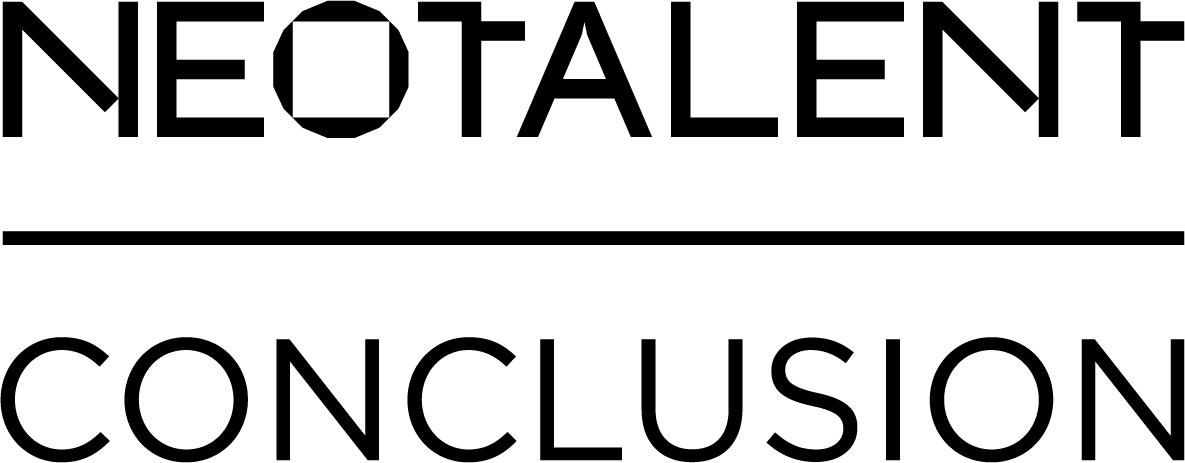Much has been said about talent in recent years. Sometimes as a synonym for human capital or human resources; other times as a set of almost ‘magical’ skills that transform those who possess them into elite professionals. Sometimes even as a special superpower that only a few have. A gift. But is that really the case?
Indeed, none of these definitions will be entirely wrong, but none seems to encompass all that talent is either. Perhaps this is because talent has no single definition and can hardly be described in a generic and absolute way. It is a circumstantial concept. It depends on the context, the organization and its mission.
We can think of talent as the ability to contribute positively to the success of an organization. This is to say everything and at the same time to say nothing, as this can translate into various skills (operational, technical, managerial, etc.) and apply to different roles or functions in very different ways.
The truth is that there is no single talent or one talent that fits all challenges. Without a framework, talent cannot materialize. In this sense, identifying and providing the ‘stages’ where talent manifests itself and effectively translates into added value is the real challenge for all organizations.
That is why, at Neotalent, the focus is always on the match between the characteristics of each professional and the needs of each client and project. If we cannot ensure a perfect fit between the two, talent will not manifest, professionals will not feel happy and client/project needs will not be met.
We therefore take this mission to ensure best fit very seriously. This implies knowing both sides of this binomial well: professional and client/project. Understanding the existing need in depth, knowing how to translate it into requirements (technical, behavioral and cultural) and identifying the professionals who can best meet it is central to our work. This is what identifying talent means for us.
This is a job that is never repeated, since it is restarted from scratch and with the same demand whenever any of the elements of the person/job binomial changes.
Introducing a little more complexity, we also need to understand that the challenge does not end the moment talent is identified. Why? Because talent is also a dynamic concept. People change, organizations change, market demands change, roles change. Therefore, talent cannot be static. Talent also changes and it is up to organizations to help leverage that change.
As with almost everything in life, there are no magic formulas or unique recipes in this dynamic. At Neotalent, we believe that one of the critical factors in this process is the proximity and constant monitoring of our professionals and our clients/projects. Because developing talent is not about acting on one axis. It is impossible to develop talent if we do not know the framework in which it manifests itself.
Developing talent means being aware of the balance of the professional/project binomial and being able to act on both sides of the equation, changing or adjusting one or the other depending on the situation. Fostering this balance is about keeping talent in the organization.
If the demands of a role change, we need to understand that change, identify the gap between what was needed previously and what is required now, and initiate, for example, an individual development plan to equip the professional with a new skillset that allows them to adjust to the new needs.
Likewise, if the professional shows a different motivation, if his expectations change, if the organization perceives that the fit that previously existed with the function no longer exists, it is the responsibility of the organization to create space so that talent is not lost, looking for, for example, a new project or promoting new responsibilities and challenges within the current project.
Knowing clients or projects…Understanding needs…Understanding motivations and skills of candidates and employees…Promoting close monitoring of all stakeholders…Is this the secret to successful talent management? The answer will come from each person’s experience. It is certain that managing talent is saying ‘yes’ to a constant challenge with a high impact on the results of all organizations. Maybe that’s why it’s such a fascinating challenge!
Vera Leitão
Business Support Manager
With a degree in Psychology and a passion for People, I have been with Neotalent for 18 years. I have worked in such fascinating areas as recruitment, team management and business support process management. I am also passionate about Gymnastics, having been an international judge and now integrating the board of the Portuguese Gymnastics Federation.





